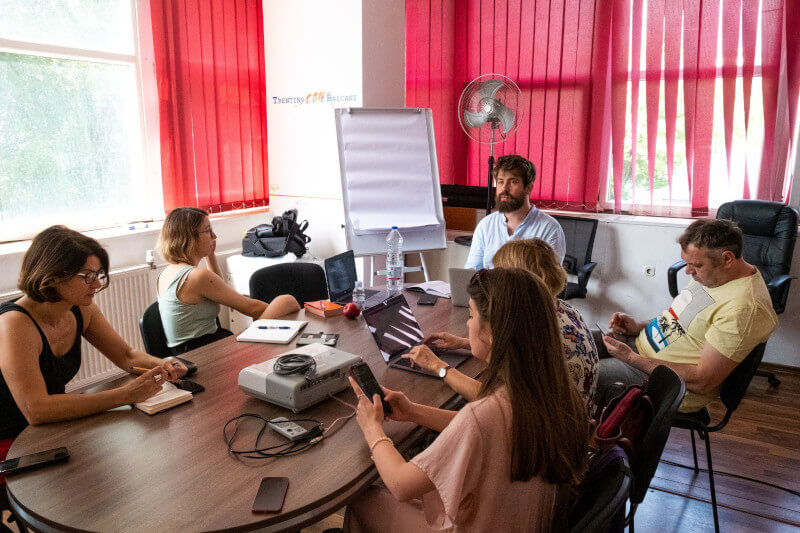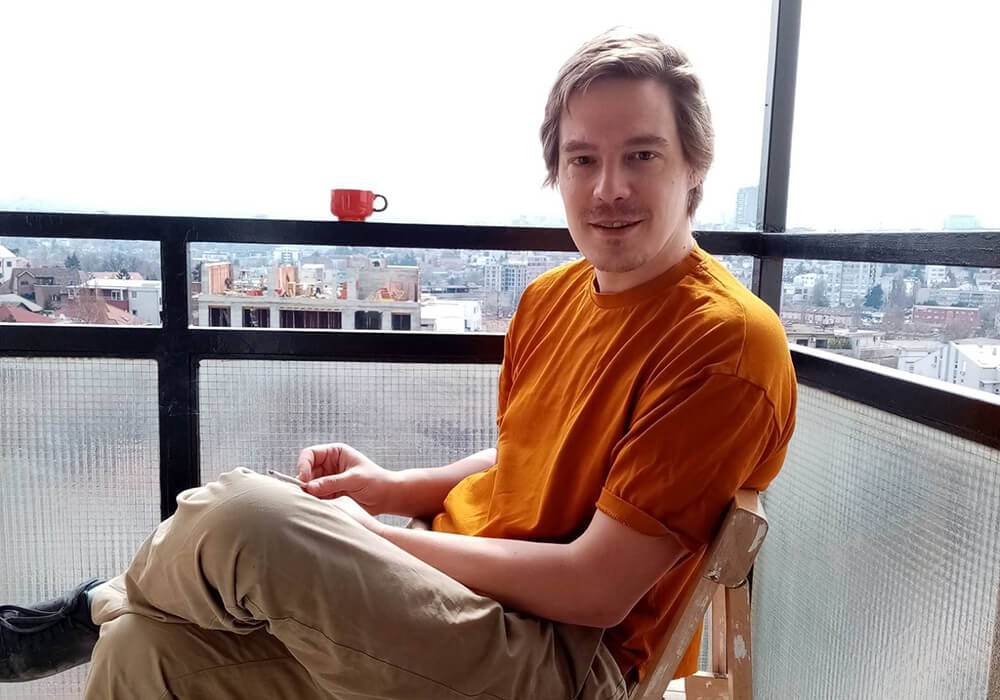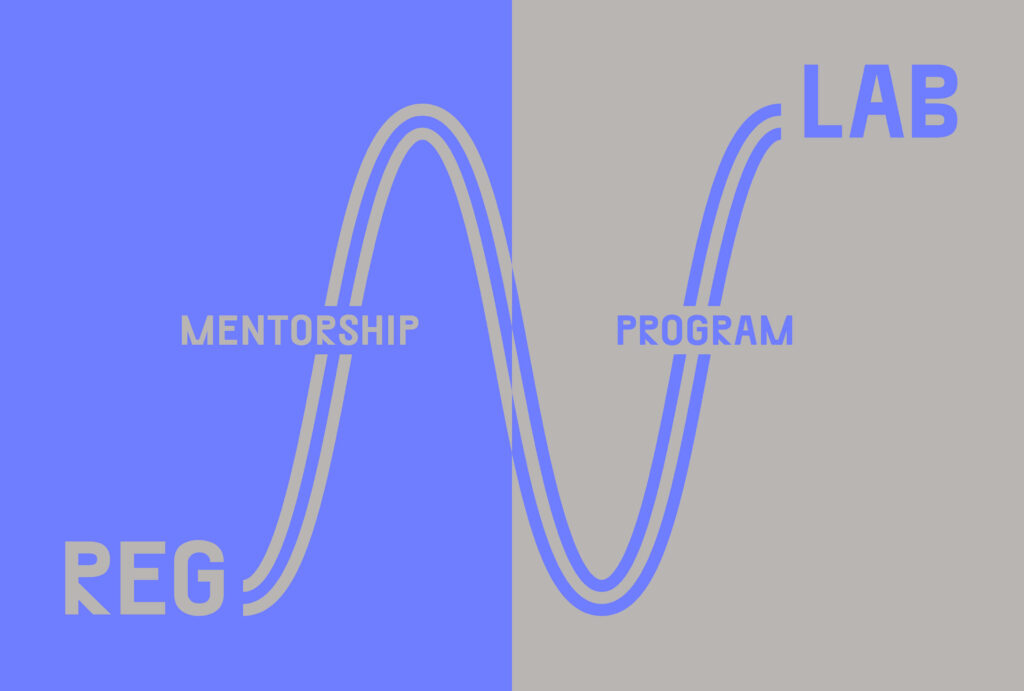
OUR ADVOCACY FOR REGIONAL CULTURAL COOPERATION AT THE EUROPEAN PARLIAMENT
05.06.2025.

This May, we brought the voices of our region directly to the heart of European decision-making. Our roundtable “Solidarity in Resistance: Cultural Cooperation in SEE in the Wake of Mass Protests in Serbia,” co-organized with MEP Gordan Bosanac (Možemo/EFA-Greens) at the European Parliament, created an important platform to address the escalating crisis facing independent cultural cooperation across Southeast Europe.
The event brought together cultural practitioners directly affected by recent repressive measures, policy experts, and EU representatives to address the deteriorating conditions for independent cultural cooperation in our region. As cultural workers face detention, expulsion, and systematic targeting by authoritarian regimes, it became clear that direct dialogue with those who influence policy at the European level was necessary.
The presentations revealed not just the nature of current challenges but also their systematic character and broader implications for European cultural policy. Milica Pekić from ICSS provided sobering context on Serbia’s current political climate, detailing how independent cultural organizations supporting democratic movements face increasing pressure from authorities. This context became deeply personal through the testimonies of Ana Kovačić (WHW) from Zagreb and Nikola Pisarev (Kooperativa) from Skopje, who shared their direct experiences of detention and entry bans.
Their accounts, along with similar incidents affecting cultural workers from Croatia, Slovenia, North Macedonia, Romania, and Albania, revealed a concerning pattern of mobility restrictions specifically targeting personal liberties of cultural workers and artists as well as, on a broader level, grossly hindering cultural cooperation across the region.
Luka Knežević-Strika’s analysis of regional cooperation challenges reinforced how these political pressures compound existing infrastructural barriers. These pressures have particularly heavy ramifications on the cultural sector in Serbia, which has faced its biggest crisis since 2000. Sneška Quaedvlieg-Mihailović from Europa Nostra provided the European perspective, highlighting the importance of cultural solidarity and mobilization across European networks in response to these threats.
Katarina Pavić presented our comprehensive position paper, a document that represents months of collective analysis of the crisis and development of concrete solutions. The recommendations focus equally on upholding the rights and freedoms of all individuals targeted by Serbia’s authoritarian governance, while recognizing the crucial role of the independent cultural sector in democratization processes across Serbia and the broader region. Central to the proposals is the need to enable the stabilization and sustainability of cultural organizations that serve as essential pillars of democratic development.
The recommendations call on the European Parliament to take stronger public positions against authoritarian governance, specifically condemning repression targeting civil society and cultural institutions, while demanding the immediate lifting of politically-motivated entry bans against cultural workers from neighboring countries. For the European Commission, the paper advocates for immediately increased financial support for independent organizations under political pressure, establishment of emergency stabilization funds, and the creation of accessible support mechanisms for small and medium-sized local organizations vital for democratization. Specific recommendations for Creative Europe and EACEA include developing dedicated funding mechanisms for projects strengthening regional cultural networks and creating special mobility programs that can quickly respond to arbitrary restrictions threatening cross-border cultural cooperation.
What was particularly encouraging was the substantive engagement from MEPs and Commission representatives from DG Education and Culture (DG EAC) and DG Neighbourhood and Enlargement Strategy (DG NEAR). The dialogue revealed significant institutional interest in addressing the current crisis, with several concrete areas emerging for potential action.
There was notable openness to exploring the acceleration of the next Western Balkans call cycle to provide urgent support to the region’s cultural sector. Equally promising were the discussions around waiving matching fund requirements for Serbian organizations, given the exceptional circumstances and systematic exclusion of independent actors from state funding mechanisms.
Perhaps most significantly, we observed strong interest from MEPs and cultural networks in advancing our advocacy positions, with several participants expressing commitment to follow up on specific policy recommendations within relevant EU frameworks. The conversation also generated productive discussion around developing emergency support structures specifically designed for cultural organizations operating under authoritarian pressure.
This roundtable clearly demonstrated both the urgent need for EU institutional response and the existence of promising pathways for concrete policy interventions. The systematic targeting of cultural workers extends beyond regional concerns—it represents a threat to European values of cooperation, solidarity, and freedom of expression.
As we’ve done for over a decade, we remain committed to supporting cultural cooperation across Southeast Europe. We will continue advocating for the fundamental rights of cultural workers to collaborate freely across borders, regardless of political pressures or authoritarian attempts to restrict cultural exchange.





























